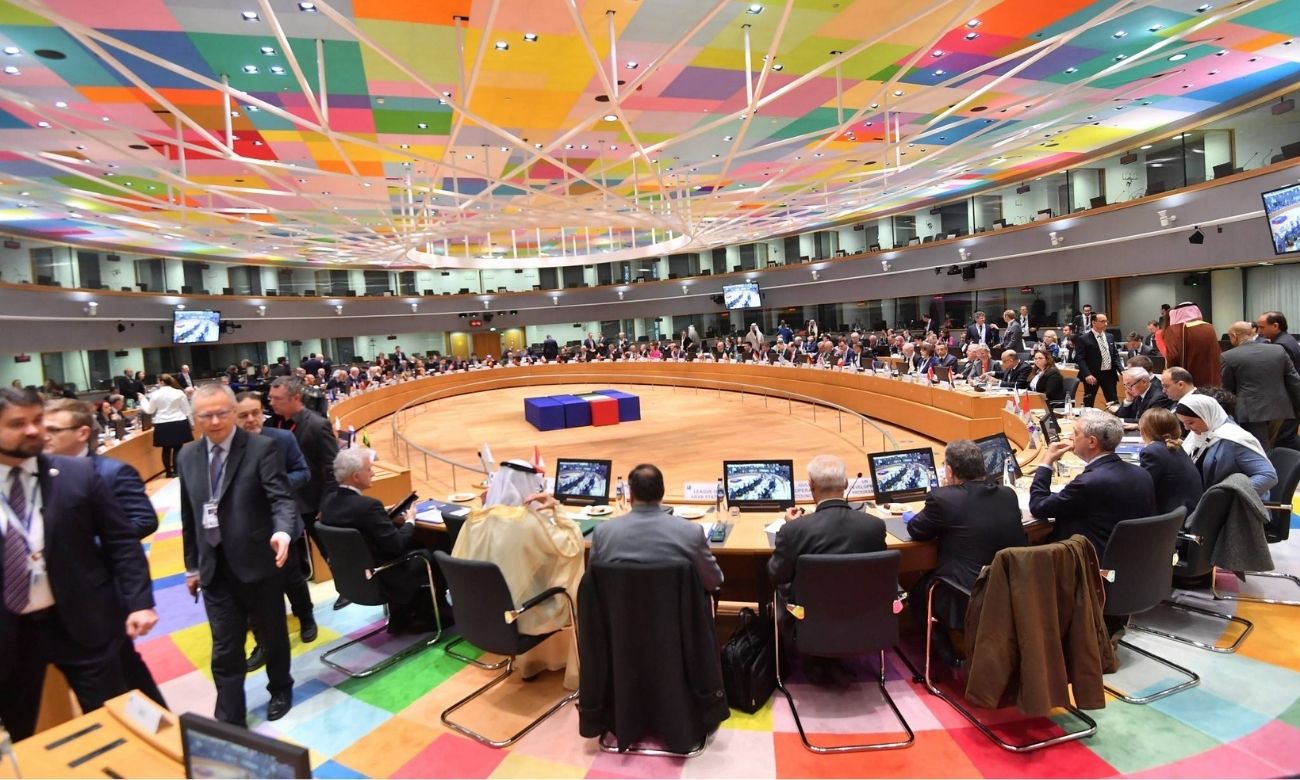International donors meeting in Brussels today are urged to provide both diplomatic and financial support to aid Syrians in their struggle for survival, as the Norwegian Refugee Council (NRC) emphasizes the risk of displaced Syrians being forgotten by the international community.
The Brussels Conference convenes at a critical time, with humanitarian aid for Syria at perilously low levels. Current funding covers only a fraction of the necessary amount, leaving millions in dire need. The Syrian Humanitarian Response Plan for 2024, covering neighbouring countries, is only 8.7% funded, with $352 million out of $4.07 billion needed. In neighboring countries, only $371 million, or 7.7%, of the $4.49 billion required is funded.
“We are in Brussels to appeal to the international community to leverage their financial and diplomatic weight to support Syrians longing for a better future,” said Angelita Caredda, NRC’s Middle East and North Africa Regional Director. “Today’s outcome will determine whether children can go to school or are forced to work, and whether Syrians can meet their basic food needs or go hungry.”
Local Associations Linked to Asma al-Assad Participate in Brussels Conference for Funding
Caredda highlighted the urgent need for long-term solutions, noting that millions of Syrians remain in limbo, grappling with economic hardship, lack of basic services, and inadequate protection. The UN reports that 12.9 million people in Syria are food insecure, with 3.1 million severely food insecure.
Maram, a nine-year-old student in northern Syria, shared her plight, “It broke me to see my friends go to school while I couldn’t. The closest school was too far, and my parents couldn’t afford it. Even if they could, the roads were too dangerous. I just want to be a teacher and help other children learn and grow.”
The risk of a lifetime of aid dependence looms for millions of Syrian children if support for critical programs is not increased. Syrians both in their homeland and in neighboring countries continue to struggle with inflation, soaring living costs, and lack of jobs and services. In summer 2023, the UN announced reduced cash aid for refugees in Jordan’s camps, where refugees now receive less than one dollar a day for food.
In Lebanon, restrictive measures such as curfews, evictions, and deportations, compounded by anti-refugee rhetoric, have created a hostile environment. Refugees report fears of leaving their homes due to potential attacks. Maha, a single mother displaced in Beirut, described her children’s anguish, “They wonder why they can’t go to school like other children. They ask if it’s because we’re Syrian. They say, ‘What have we done wrong?’. Our choices are grim: risk crossing the sea and possibly drowning, or hide here, fearing deportation. Returning to Syria is not an option right now.”
The NRC calls for increased investment in early recovery efforts to help Syrians rebuild their lives and access basic services. It also urges for the protection and rights of Syrians both in Syria and in neighbouring refugee-hosting countries.


